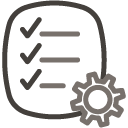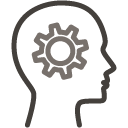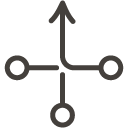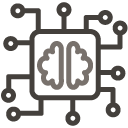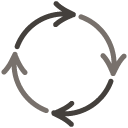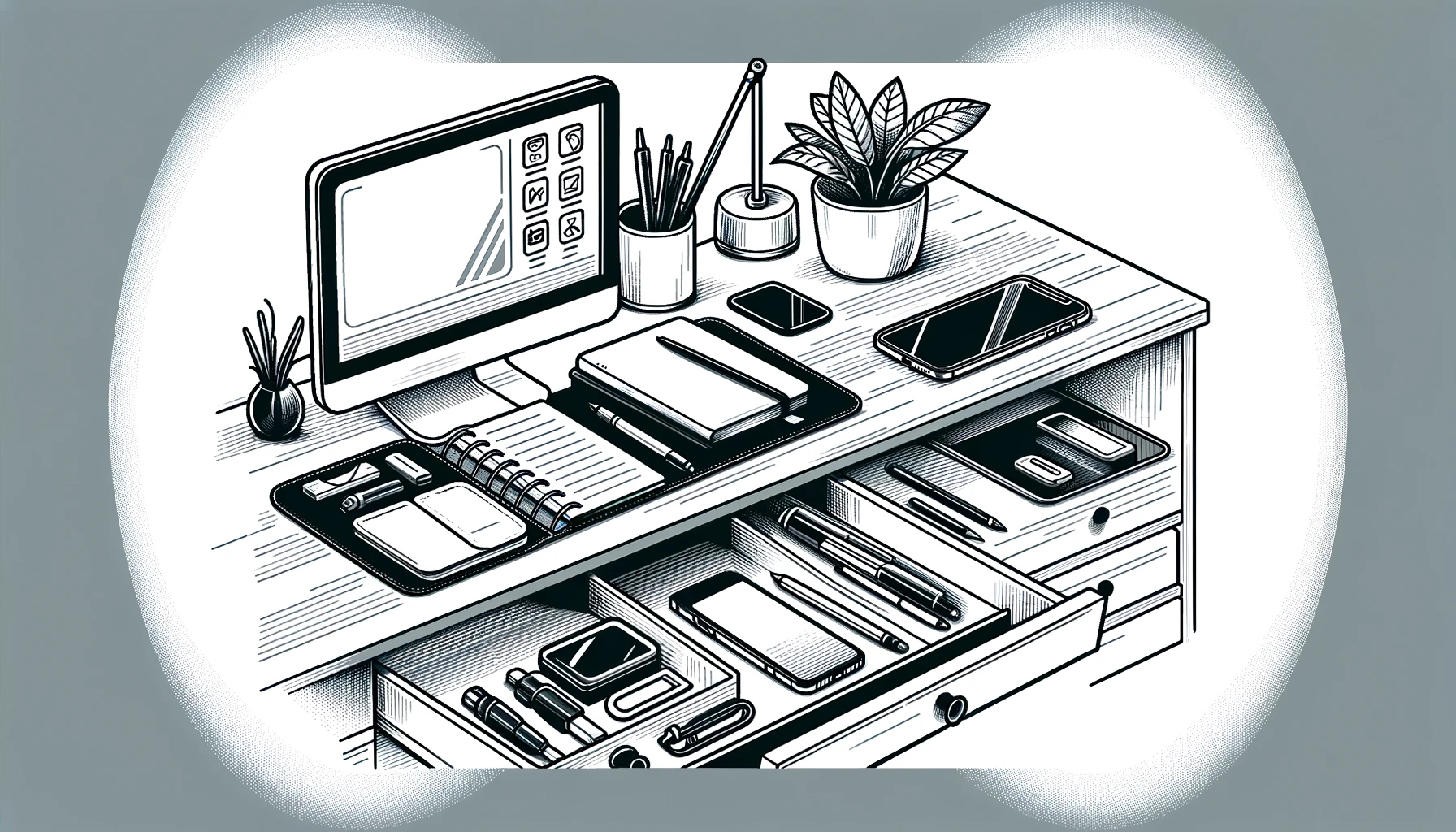
The Invisible Chains of Device Dependency
In an era dominated by digital devices, our smartphones have become extensions of ourselves. However, the convenience they offer comes with a hidden cost: our attention and productivity. Studies reveal that the average person checks their phone up to 221 times a day, a staggering indication of our device dependency. This habitual interaction disrupts our concentration, impacting our efficiency and mental clarity.
The Power of Visibility: Out of Sight, Out of Mind
Research from the University of Southern Maine provides a compelling argument for a less cluttered workspace. The mere presence of a smartphone, even when not in use, can significantly diminish performance on cognitive tasks. This phenomenon underscores the importance of creating a work environment that promotes focus over fragmentation.
Creating a Distraction-Free Sanctuary
The first step towards reclaiming your productivity is to reassess your workspace. By removing smartphones and other non-essential gadgets from your immediate vicinity, you establish a zone dedicated to deep work. This doesn't mean abandoning technology altogether but rather choosing when and where it fits into your life, ensuring that you remain in control.
Strategies for Sustainable Focus
Implementing practical changes can lead to lasting improvements in how we interact with our devices. Simple actions, like designating specific times to check your phone or using technology that limits unnecessary notifications, can help forge a more productive relationship with your digital tools. Clearing your desk—and by extension, your mind—of unneeded distractions allows for a deeper, more meaningful engagement with your work, leading to increased satisfaction and success.

